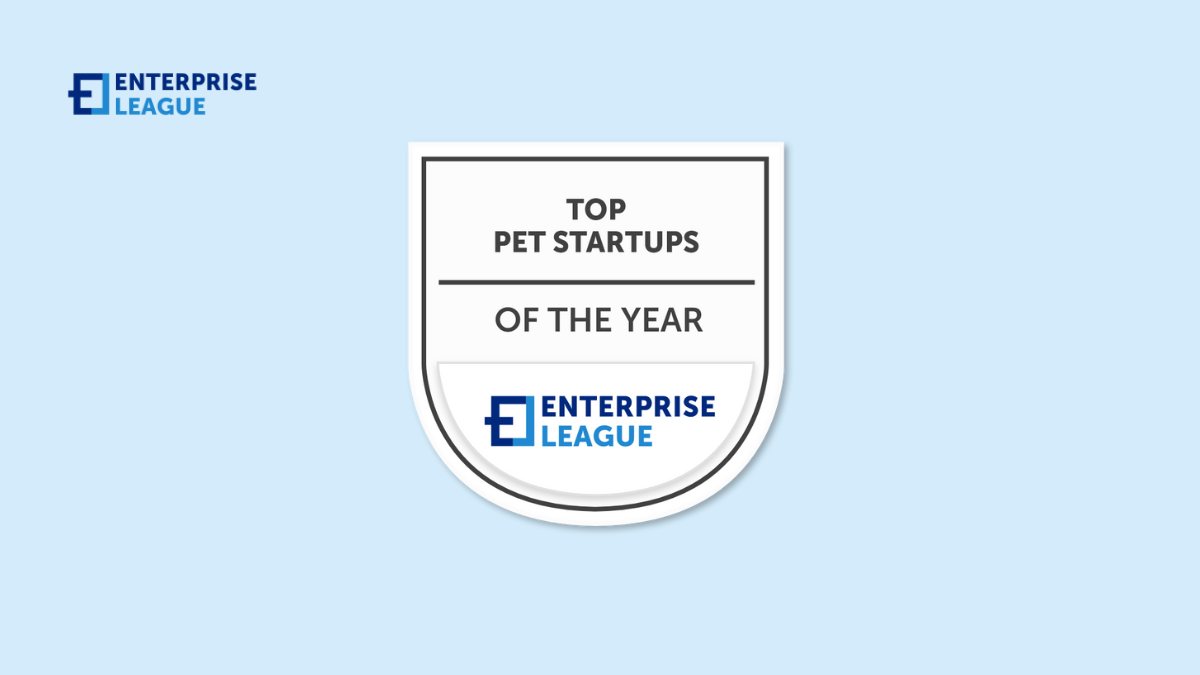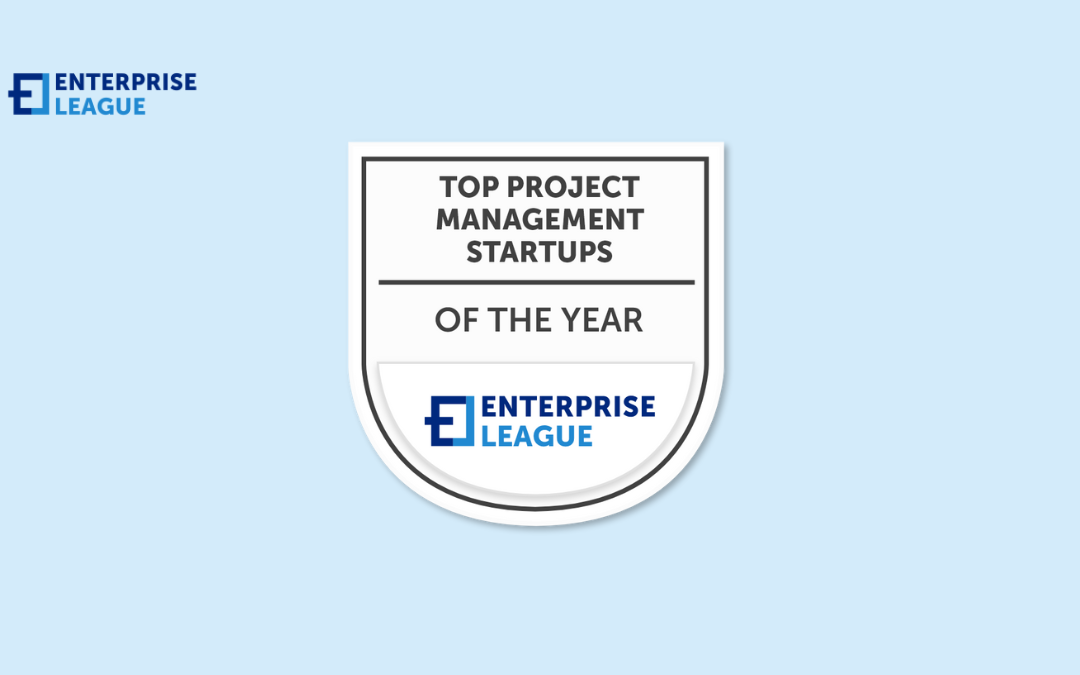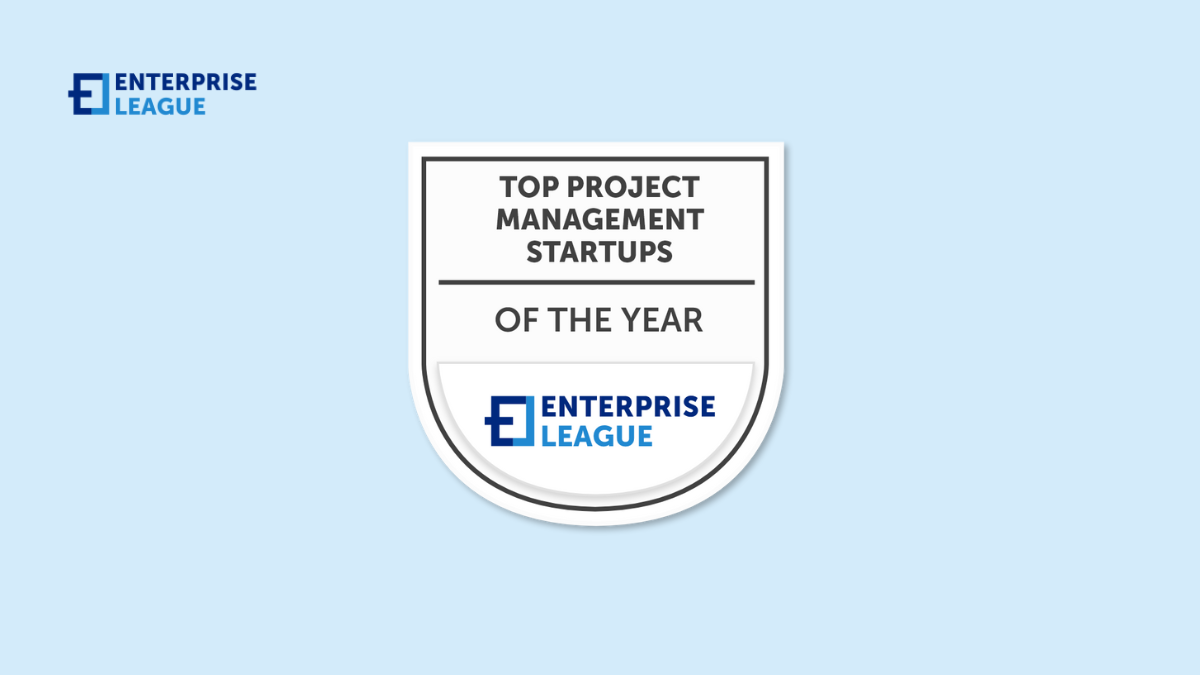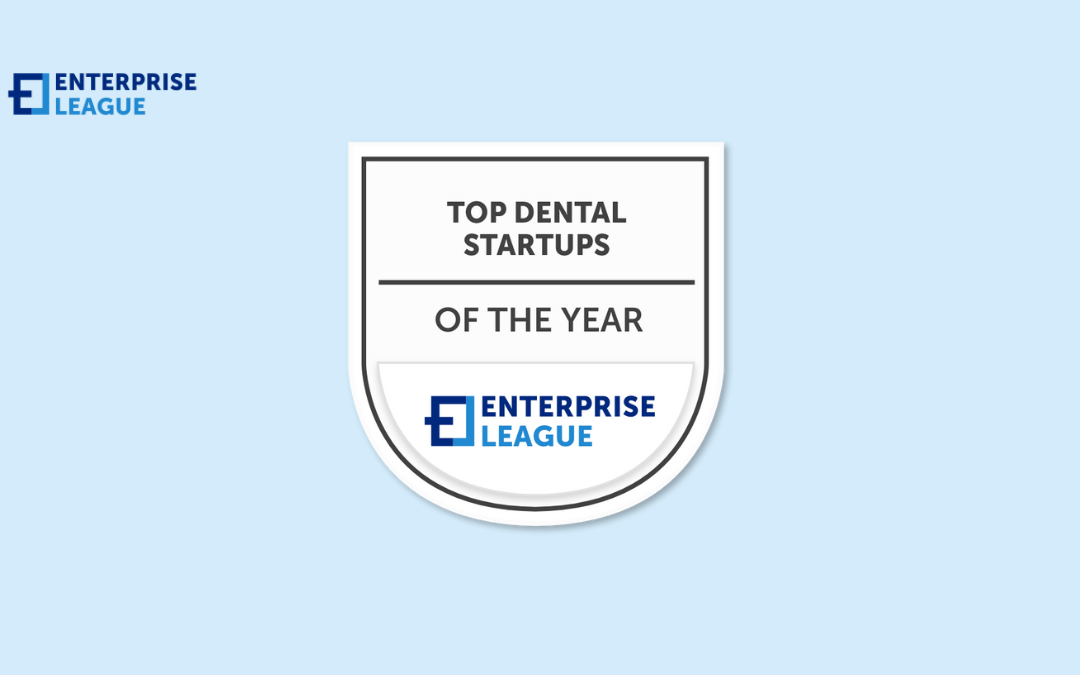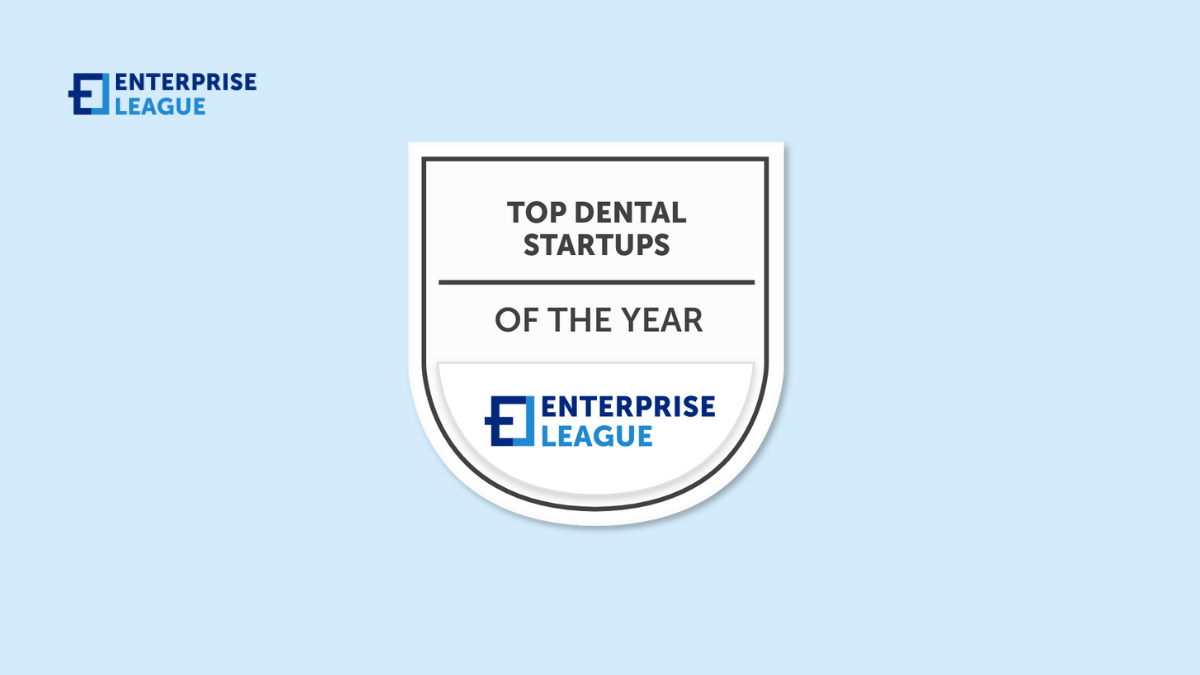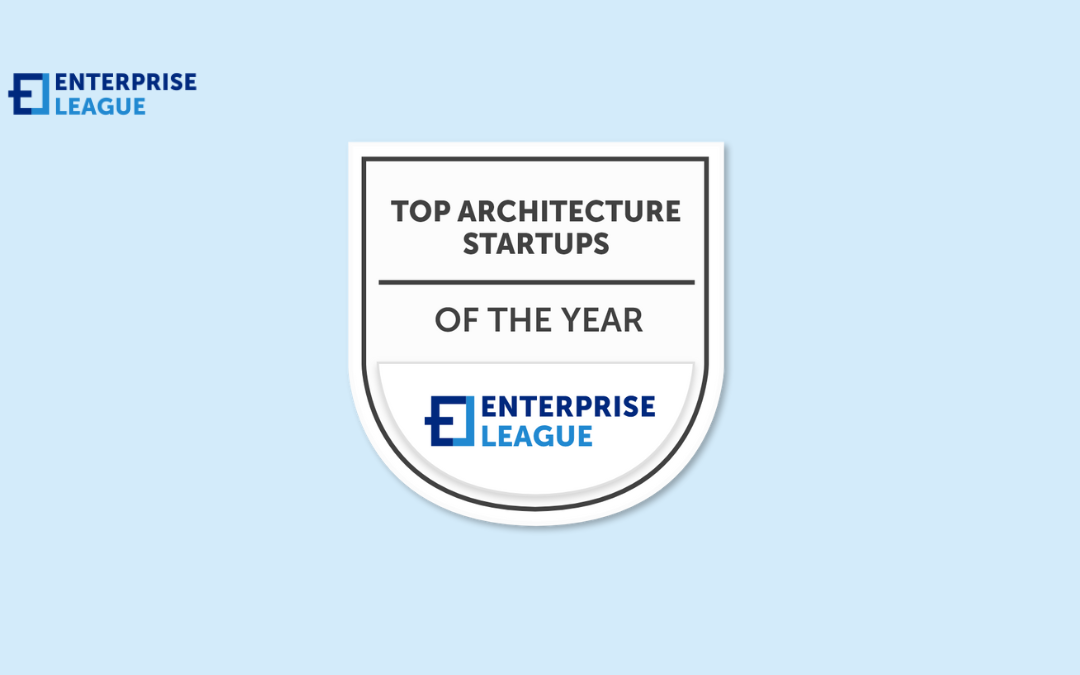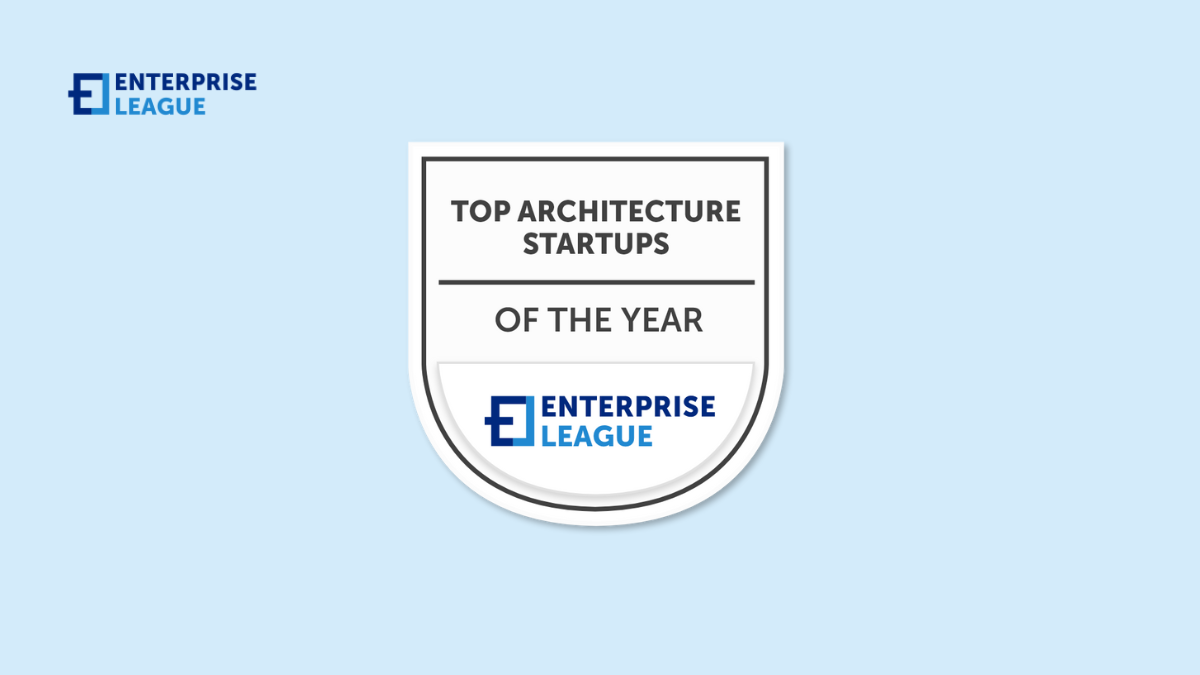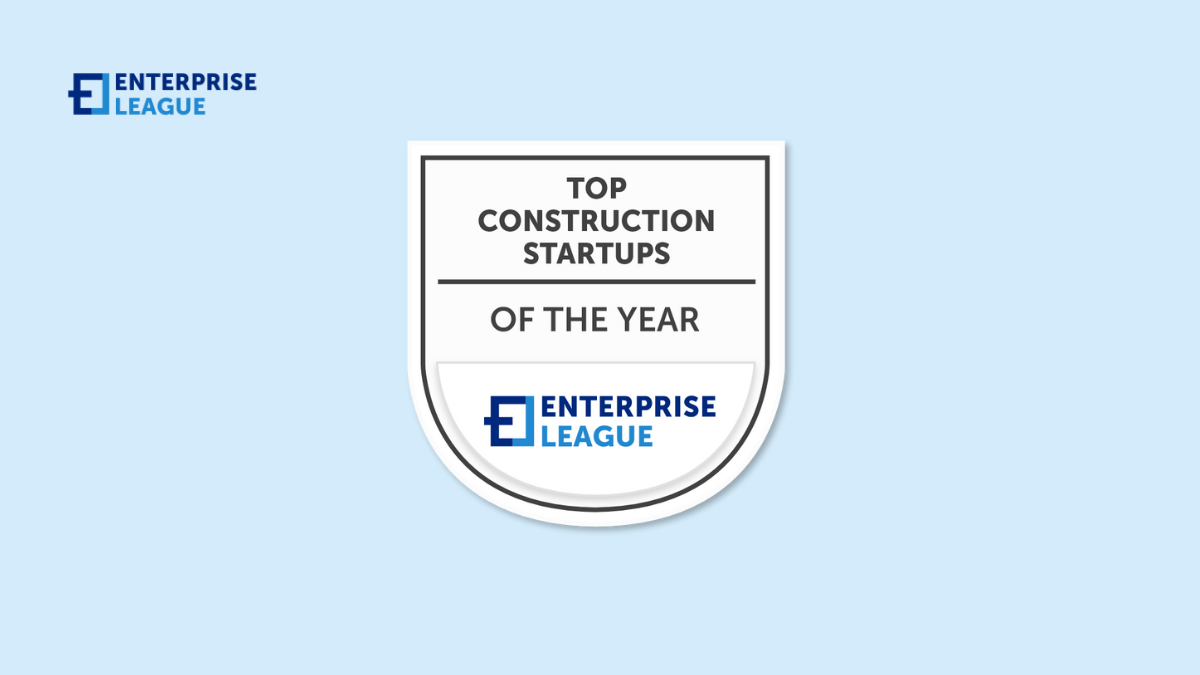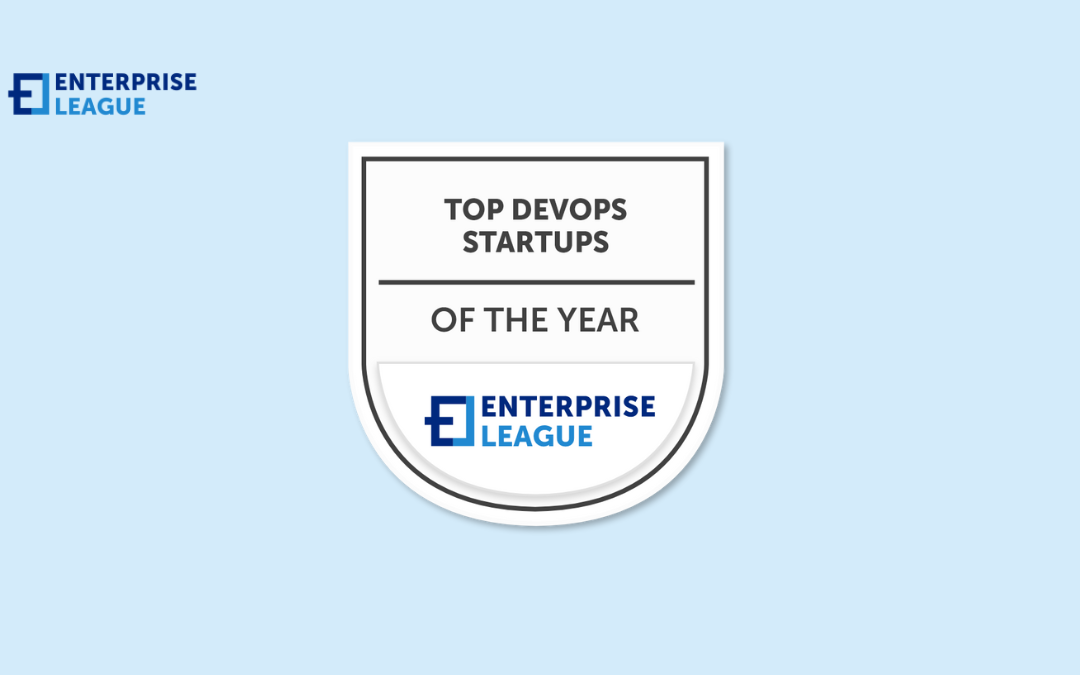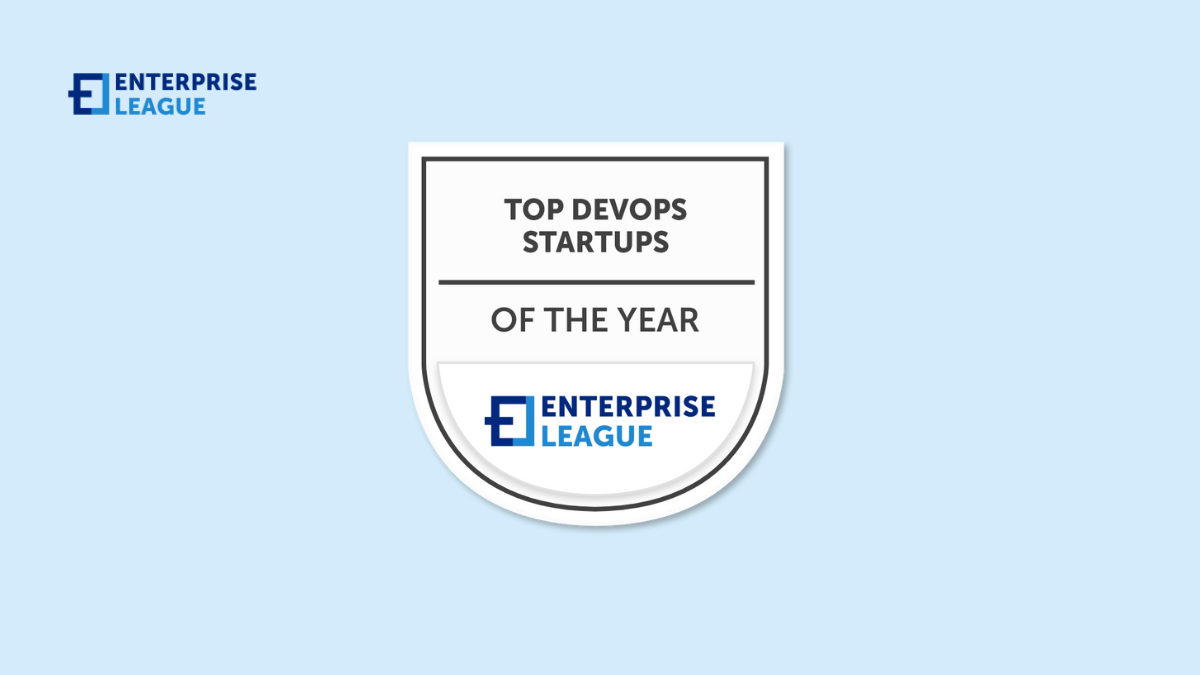Delegation doesn’t have to be difficult, that’s why we are sharing some proven tips to delegate work effectively and get better results from your team.
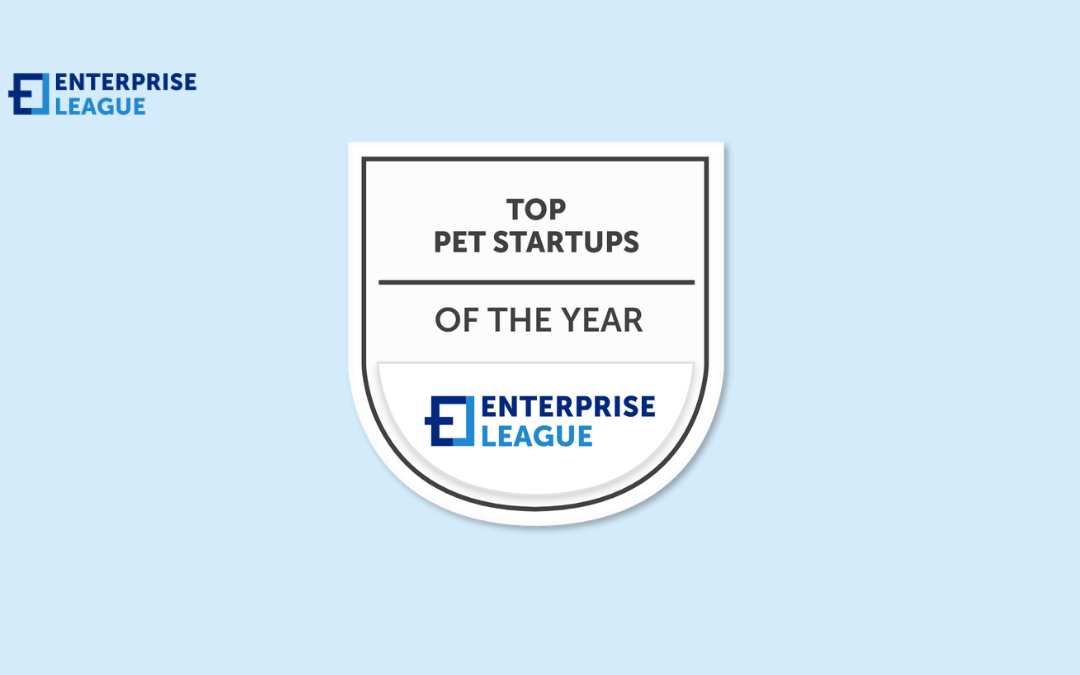
20 thriving pet startups with amazing innovations (2025)
From fresh pet food delivery to telehealth to customized health tracking, startups are addressing pet parent needs in creative ways. Additionally, new platforms are facilitating easier access to pet professionals like trainers and walkers. Investor interest and funding for the pet tech space continue to grow.
What are pet startups?
Pet startups are focused on improving pet health and wellness, providing more convenient products and services, enhancing engagement between pets and owners, and overall elevating the standard of pet care.
Top pet startups
Complete list of the pet startups that are worth knowing:
Supertails
Founded in 2021, Supertails is a company improving pet care through technology and delivery services. They offer veterinary telehealth consultations as well as convenient home delivery of pet products. Getting to the vet can be difficult for busy pet parents. With Supertails, pet owners can schedule video chats with experienced vets right from home. Vets assess symptoms, diagnose conditions, prescribe treatments, and more during convenient virtual sessions.
For medications, food, toys, and other pet necessities, Supertails delivers items quickly via their app or website. Choosing from leading brands, owners can order supplies effortlessly and receive same-day drop off.
Smalls Cat Food
Founded in 2019, Smalls Cat Food uses high-quality proteins and organic produce in their cat food recipes. Their products contain no artificial preservatives or fillers. Smalls Cat Food offers both wet and dry food options.
The onboarding process asks about the cat’s profile, needs, and health conditions. This information determines customized meal plans and portion sizes. Smalls Cat Food aims to reinvent cat food with human nutrition standards and personalization.
FluentPet
Founded in 2018, FluentPet sells button boards that dogs can press to communicate words and phrases. The buttons have built-in speakers so each one says the associated word when pressed. Owners record their own voice for the buttons.
FluentPet’s boards range from basic starter sets to advanced multi-message boards. Their interactive buttons aim to facilitate communication between dogs and owners.
Barkyn
Founded in 2018, Barkyn creates customized meal plans based on each dog’s profile and nutritional requirements. Owners complete a questionnaire about breed, age, activity level and health.
Barkyn’s veterinary team monitors dogs on the food and makes adjustments as needed. Recipes feature quality proteins and probiotics. Barkyn aims to provide dogs perfectly portioned, health-optimized meals.
Wagmo
Founded in 2020, Wagmo offers vet telehealth consultations, health expense reimbursements, and other benefits through subscription plans. Their app provides 24/7 access to veterinary advice and support.
Wagmo aims to make pet care more accessible and affordable through preventative care and financial protection. Their telehealth plans remove barriers to vital pet health services.For owners seeking easy access to veterinary care, Wagmo delivers.
Swifto
Launched in 2019, Swifto vets walkers through an extensive screening process. Dog owners can book recurring walks or one-time visits. The app provides real-time updates during each walk.
Swifto aims to give owners peace of mind knowing their pet is in caring, capable hands. Their trained walkers are dog lovers looking to provide personalized walks.
Pawp
Founded in 2019, Pawp offers 24/7 veterinary video chats and advice through their app. Membership plans include illness and injury expense reimbursements.
Pawp provides an affordable way for owners to invest in preventative wellness. The platform gives access to vets from home, improving convenience.
PetDesk
Founded in 2015, PetDesk offers tools like telehealth video chats, client portals, and messaging to connect vets and pet owners. The platform also includes practice management features.
PetDesk aims to streamline workflows so vets can focus on delivering great medicine and improving pet health. Their technology removes friction from client communication and practice operations.
Nom Nom
Founded in 2015, Nom Nom creates personalized dog food recipes tailored to each pet’s nutritional needs and health concerns. Their meals feature high-quality ingredients like chicken, fish, and produce.
Pet profiles are developed through a quiz completed by owners. Portion sizes and recipes are adjusted accordingly by veterinary nutrition experts. Nom Nom aims to reinvent dog food with human-grade ingredients and customization.
Butternut Box
Founded in 2016, Butternut Box creates personalized recipes tailored to each dog’s nutritional needs and allergies. Their food contains premium proteins, organic produce, vitamins, and oils.
Pet owners complete a quiz about their dog’s profile, including health issues, activity level, and sensitivities. Specially formulated meals are shipped fresh weekly. Butternut Box aims to reinvent dog food with human-quality nutrition and customization.
AnimalBiome
Founded in 2016, AnimalBiome offers at-home gut microbiome test kits for pets. Owners collect a fecal sample and mail it in for lab analysis. The results include a detailed report on the pet’s gut health.
Based on the findings, AnimalBiome veterinarians provide dietary and supplement recommendations tailored to each pet. Their insights help optimize digestion, immunity, and wellbeing.
Animal ID
Founded in 2018, Animal ID’s QR codes on tags link to the pet’s profile. The app enables updating of veterinary and contact info. Shelters and finders can scan codes to quickly reach owners.
By storing key details in a shareable format, Animal ID removes barriers to identifying lost pets. Their seamless system taps technology to bring owners and animals back together.
Dobbin Dog Ranch
Opened in 2021, Dobbin Dog Ranch offers a high-end boarding experience for dogs. The sprawling property includes cabins, play yards, trails, and a lake. Dogs enjoy AC comfort, TVs, and raised beds.
Amenities include grooming services, customized diets, and vet tech care. Dobbin provides a premium second home for treasured canine family members.
Bingo Insurance
Founded in 2021, Bingo offers comprehensive accident and illness coverage with streamlined reimbursements. Their plans skip long waits and paperwork by paying vets directly.
Bingo aims to provide peace of mind that pets will get needed care without financial burden. Their direct pay model removes claim friction. Plans include hereditary condition coverage.
BasePaws
Founded in 2017, BasePaws offers DNA test kits that reveal insights into a cat’s breed, traits, and health predispositions. Cat owners collect and mail in a saliva sample for analysis.
The results provide a detailed report on lineage, personality attributes, and genetic disease risks. BasePaws aims to help owners understand their cats better through actionable genetic insights.
Meowtel
Founded in 2019, Meowtel carefully screens sitters to ensure they are experienced and trustworthy. Cat owners can book one-time or recurring sitter visits via the app. Services span playtime, feeding, medication, litter box cleaning and more.
Meowtel aims to give owners peace of mind knowing their feline family member is in caring, capable hands. For devoted cat sitters, it provides steady work caring for their favorite pet.
Pretty Litter
Launched in 2020, Pretty Litter leverages proprietary indicators that react to urine pH changes. This serves as an early warning for potential illnesses requiring veterinary attention.
Pretty Litter delivers new litter to your door based on usage. By combining health-tracking technology with convenience, Pretty Litter aims to provide insight into a cat’s wellbeing.
FirstVet
Founded in 2017, FirstVet offers 24/7 access to licensed vets via app and web chat. Pet owners can get care guidance, diagnosis, treatment plans, and prescriptions.
FirstVet provides an affordable alternative to office visits for non-emergency issues. Their telehealth model delivers convenient access to professional advice from home.
Open Farm
Founded in 2014, Open Farm formulations feature premium proteins, superfoods, and added vitamins. All ingredients are ethically and sustainably sourced. Their pet foods contain no artificial preservatives or fillers.
Open Farm offers dog and cat food lines as well as pet treats. Their products aim to deliver the highest nutrition standards using responsibly sourced ingredients.
Barkibu
Founded in 2015, Barkibu offers an app delivering personalized veterinary advice and telehealth services. Pet owners chat in real-time with vets who create customized treatment plans.
The app also tracks pet health data over time, enabling earlier intervention. By making professional guidance more accessible, Barkibu aims to keep pets happier and healthier.
Miraculous Meals
Founded in 2023, Miraculous Meals is a UK-based startup that produces high-quality wet dog food using natural ingredients. Apart from providing highly nutritious and healthy dog food, Miraculous Meals also strives to help every dog in need – which is why they donate 50% of all profits to help rescue dogs in need.
Conclusion
The pet care industry is undergoing major positive disruption due to emerging startups focused on innovation. With continued funding and support, these pet startups will likely see rapid growth as demand increases for high-quality pet products and services.
Discover more creative startups that might interest you:
- Amazing DTC startups improving your retail experience.
- Top productivity tools startups that reduce distractions and improve team alignment.
- Innovative vr startups shaping virtual world with amazing innovations.
- Successful wearables startups shaking up the tech industry.
- Must-know blockchain startups revolutionizing the industry.
Related Articles
6 tips on how to delegate work so it actually gets done
25 support small business quotes to inspire you (2025)
These support small business quotes will inspire you to avoid big chains next time you go on a shopping spree. Supporting small business is crucial!
10 essential tips to manage a small law firm
In this article we will explore the essential areas and tips that small law firm leaders should prioritize in order to manage and ensure their firm’s success.
How to onboard a new employee: Tips for quick integration
Your guide to smoother employee onboarding where you will find practical strategies that help new hires feel welcome and become productive team members faster.
6 tips on how to delegate work so it actually gets done
Delegation doesn’t have to be difficult, that’s why we are sharing some proven tips to delegate work effectively and get better results from your team.

